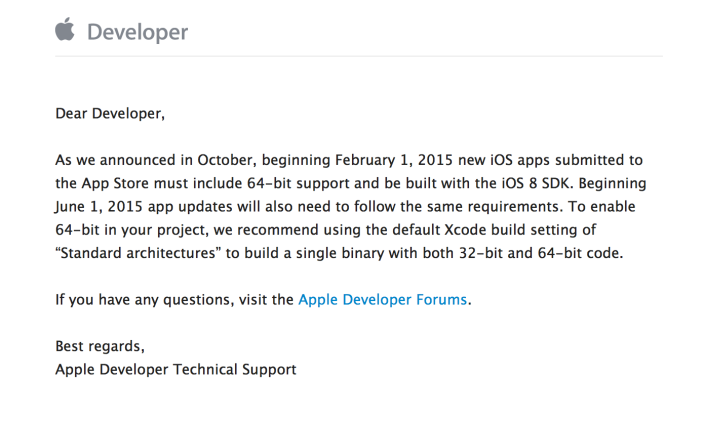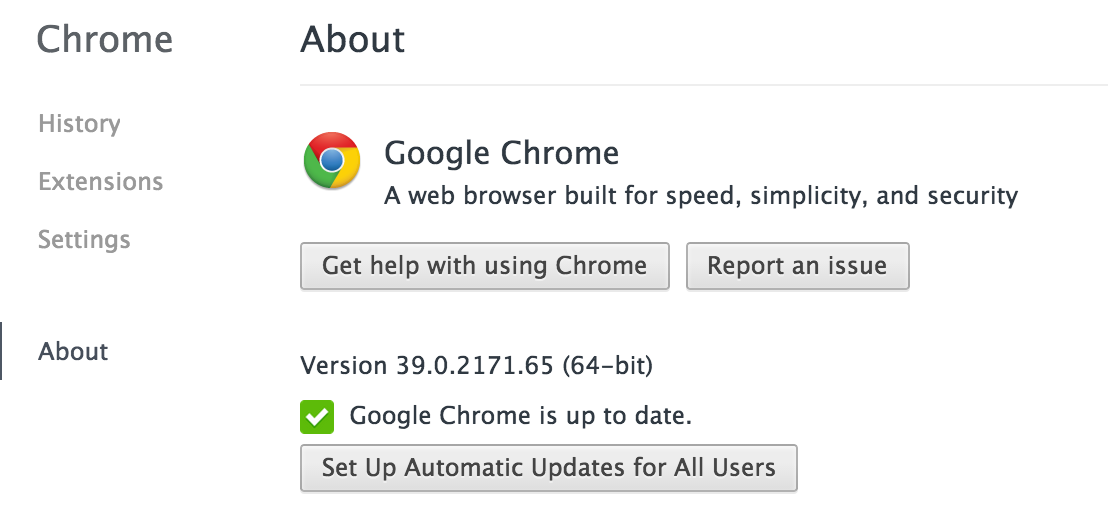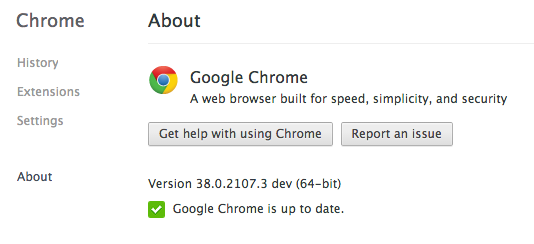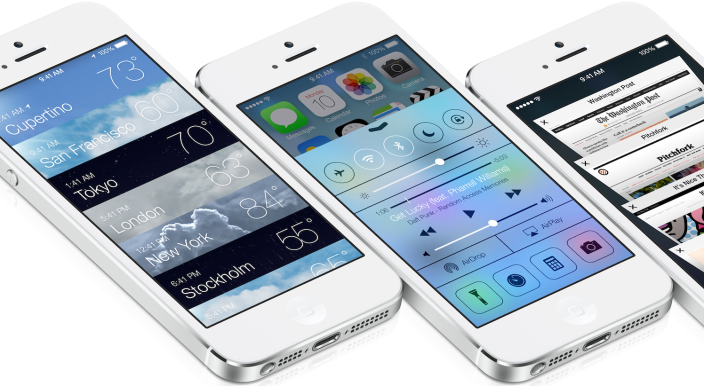[youtube=http://www.youtube.com/watch?v=4xgx4k83zzc]
If Qualcomm seemed rather taken by surprise by Apple’s use of a 64-bit chip in a smartphone, first dismissing it as a gimmick and then hastily backtracking and announcing it would be making 64-bit smartphone chips itself, that’s because it was, says Dan Lyons in a nicely-written piece on HubSpot. The piece includes what has to be a strong contender for tech quote of the year:
The 64-bit Apple chip hit us in the gut,” says the Qualcomm employee. “Not just us, but everyone, really. We were slack-jawed, and stunned, and unprepared. It’s not that big a performance difference right now, since most current software won’t benefit. But in Spinal Tap terms it’s like, 32 more, and now everyone wants it.”
The reference is to a scene in the 1984 mockumentary This is Spinal Tap where the band proudly shows an amp that goes all the way up to 11, explaining that “it’s one louder.” What Qualcomm missed was that while 64-bit smartphone chips may be of limited immediate value, the A7 made for a compelling marketing sell, leaving other companies scrabbling to catch up.
Qualcomm has just created a 64-bit version of its Snapdragon SOC and expects to see it appearing in Android phones sometime in the second half of next year.
00








